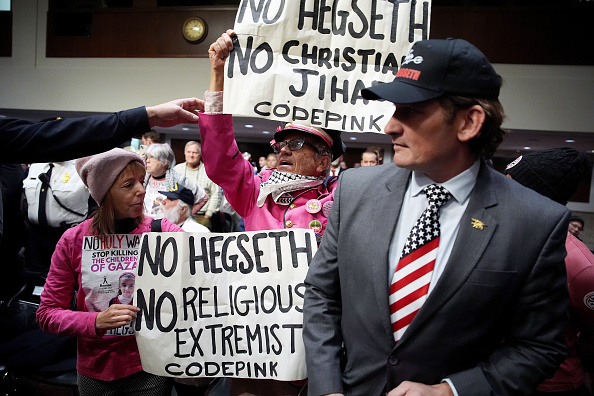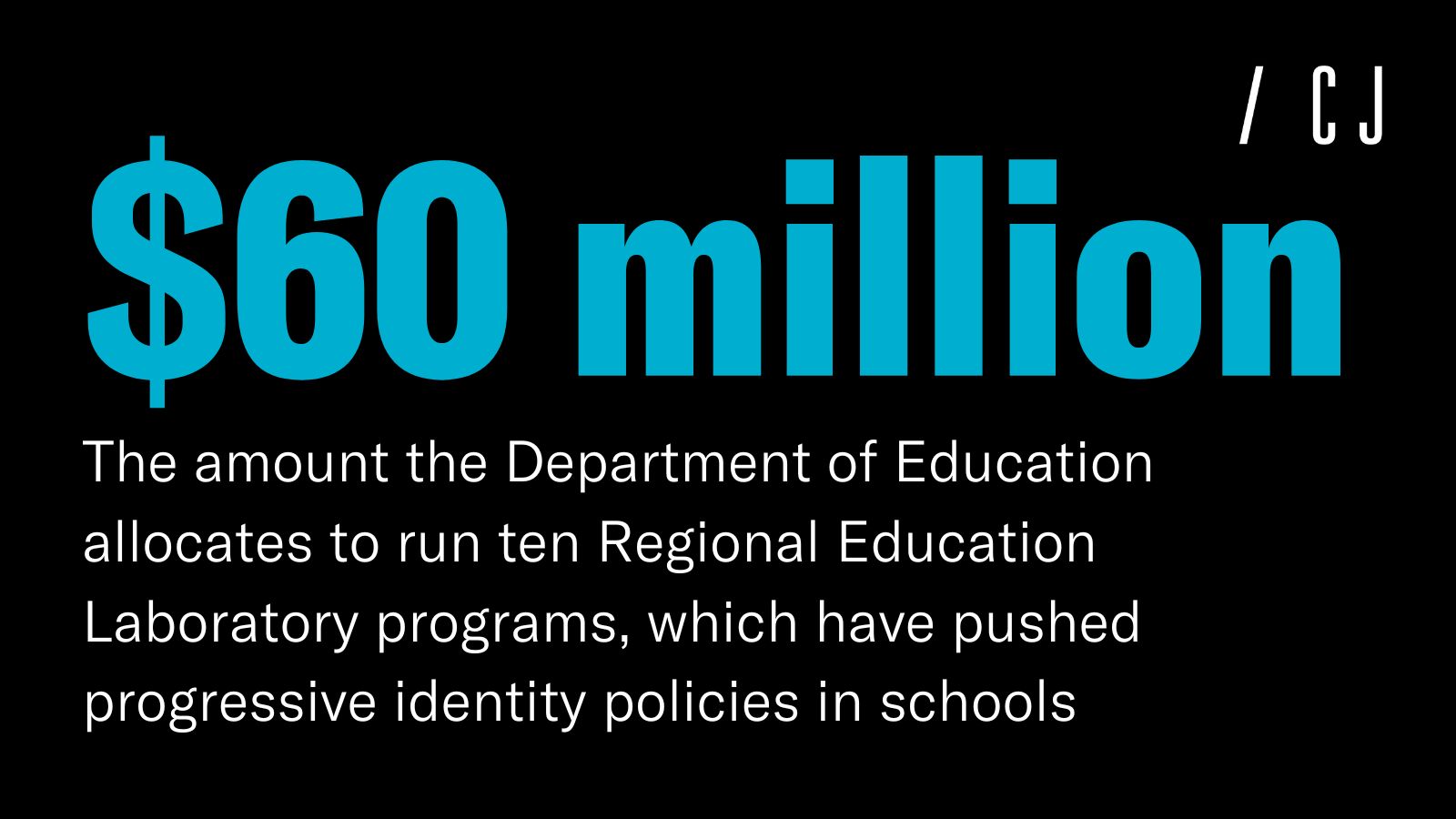|
Forwarded this email? Sign up for free to have it sent directly to your inbox. |
|
|
Good morning,
Today, we’re looking at how the Right can lead a shift in cancel culture, why Trump should end Medicaid for illegal immigrants, the dangers of the psychoactive herb kratom, and New York’s congestion-pricing saga.
Don’t forget to write to us at editors@city-journal.org with questions or comments. |
|
|
For years, the Right lamented cancel culture as an unjust tool of the Left, used to impose ideological conformity and destroy reputations over minor infractions. Now, with the Trump administration reshaping the political landscape, conservatives have a rare opportunity to rewrite the rules. Recent events—including the confirmations of Robert F. Kennedy Jr. and Pete Hegseth despite controversy, as well as the reinstatement of a DOGE staffer with a provocative social media history—show that the dynamics of social cancellation are shifting. Instead of conceding to left-wing outrage, conservatives are holding firm.
But simply “canceling cancel culture” isn’t enough—the Right must establish its own framework for accountability. "We should propose a new set of values that expands the range of acceptable discourse rightward and provides a method for adjudicating the limits," writes Manhattan Institute Senior Fellow Christopher F. Rufo.
Read more here. |
|
|
President Trump’s February 19 executive order barring welfare for illegal immigrants opens the door to broader Medicaid reform, writes Manhattan Institute Fellow Daniel Di Martino. While states like California and New York use their own funds to cover illegal immigrants under Medicaid, they also rely on federal Medicaid waivers to expand coverage for other groups—driving up costs for taxpayers.
Health & Human Services Secretary Robert F. Kennedy Jr. could rescind these waivers, limiting states’ ability to expand Medicaid eligibility beyond federal guidelines. This move would reduce federal Medicaid spending, discourage further state-funded benefits for illegal immigrants, and align health-care policy with Trump’s broader immigration agenda. |
|
|
You’ve likely heard of the psychoactive herb kratom. Native to Southeast Asia, it’s sold at smoke shops across the U.S. thanks to its reputation as a safe and natural supplement that has therapeutic benefits.
That reputation is misleading, writes Ethan Gilden, a collegiate associate at the Manhattan Institute. Read about the risks here. |
|
|
After Trump moved to halt New York City’s congestion-pricing program, Governor Kathy Hochul responded with performative outrage instead of strategic action. But as Manhattan Institute Senior Fellow Nicole Gelinas argues, political theatrics won’t save the program; cool leadership will.
Rather than escalating the war of words, Hochul should focus on controlling MTA costs, addressing voter concerns over affordability, and securing support from key constituents. The real battle is in the courts. Beyond that, only quiet competence can keep congestion-pricing alive. Read more here. |
|
|
“This is scary stuff. Evidence is central to any rational debate, whether it is purely academic, clinical, political or otherwise.”
|
|
|
Photo credits: Andrew Harnik / Staff / Getty Images News via Getty Images |
|
| A quarterly magazine of urban affairs, published by the Manhattan Institute, edited by Brian C. Anderson. |
|
|
Copyright © 2025 Manhattan Institute, All rights reserved. |
|
|
|




